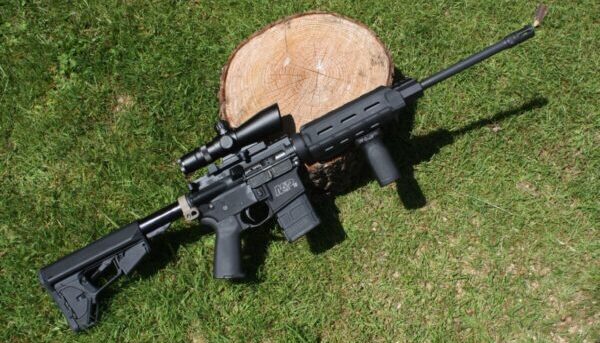
By Dave Workman
Editor-in-Chief
Maryland Attorney General Anthony Brown has requested an additional 30 days to prepare a response to a petition for certiorari from gun rights groups challenging the state’s ban on so-called “assault weapons,” but the Second Amendment groups oppose the request.
The case, which began life as Bianchi v. Frosh, and is now known as Snope v. Brown, was brought by the Second Amendment Foundation, Citizens Committee for the Right to Keep and Bear Arms, and Firearms Policy Coalition, plus some individual citizens. It was earlier granted certiorari just long enough for the high court to vacate a lower court ruling and remand it back for further proceedings based on new guidelines for adjudicating Second Amendment cases established in the 2022 Bruen decision.
According to the Daily Caller, the ban has been in force since 2013. It became law in reaction to the Sandy Hook Elementary attack in Connecticut in December 2012.
If the high court once again grants certiorari, it could become the case which brings a ruling on whether modern semiautomatic rifles are protected by the Second Amendment. SAF, CCRKBA and FPC believe the ban is unconstitutional.
Maryland is not the only state to ban such firearms, so a decision by the Supreme Court would have a significant impact on other states, including California, Washington, Colorado and New York.
The request for additional time would put off any consideration until late November. To some insiders, it appears AG Brown is merely trying to stall the process.
In their request, Maryland officials claim the extension is necessary “because of the press of other assigned work. Notably, undersigned counsel and others associated with this case are involved in significant litigation matters, including those relating to the collapse of the Francis Scott Key Bridge in Baltimore.”
A similar case out of Delaware, also involving SAF, is also seeking Supreme Court review.
The stakes are high. By some estimates, as many as 20 million modern semi-autos based on the AR-15 platform are in private hands. The gun prohibition lobby and its allies in Congress and state legislatures, call these guns “weapons of war” and claim they are not protected by the constitution.



